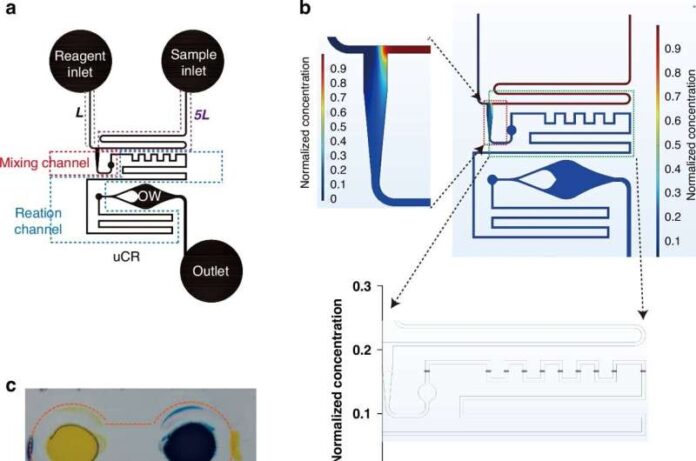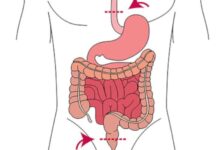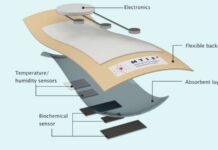A team of UM researchers has developed an intriguing new technique that could change the way kidney disease is recognized, particularly in underserved and distant populations.
The uCR-Chip is a low-cost, portable diagnostic gadget that improves the speed, ease, and accessibility of kidney function testing. It provides results in less than seven minutes and does not require advanced lab equipment.
The findings, published in the journal Microsystems & Nanoengineering, illustrate how this technology could help improve early identification and health outcomes for those with chronic kidney disease (CKD).
Emerging Health Concerns
Four million Canadians, or nearly one in ten, suffer from renal disease, which sometimes goes untreated until it is advanced. In addition to lowering quality of life, this silent epidemic strains health care systems due to the high expense of transplantation and dialysis. However, a patient’s course can be significantly altered by an early diagnosis, which can provide superior treatment options and even halt or stop the advancement of the disease.
Dr. Claudio Rigatto, one of the project’s lead investigators says:
Early diagnosis is critical, If we can detect kidney disease early, we can prevent progression to dialysis in many cases.”
Current kidney function testing methods, which require lab visits, expensive equipment, trained personnel. And lengthy results, make routine screening inaccessible for many, particularly Indigenous and rural communities.
These issues are intended to be resolved by the uCR-Chip. The chip, created by a group under the direction of Drs. Francis Lin and Rigatto, measures creatinine, a crucial indicator of kidney health, from a little urine sample using a color-based chemical reaction. Additionally, the chip may be used in mobile settings or on-site at health clinics. Because it doesn’t require any specialized lab equipment to operate.
By detecting kidney problems early and lowering the proportion of patients who develop late-stage disease. The uCR-Chip may relieve the strain on health care systems. This implies that more people can successfully maintain their health with early interventions. And fewer may need expensive procedures like dialysis or transplants.
Kidney function tests are difficult to get in many rural, isolated. And Indigenous populations due to a lack of access to sophisticated laboratory equipment. The uCR-Chip provides a low-cost, portable solution that could significantly increase access to necessary testing in rural areas.




